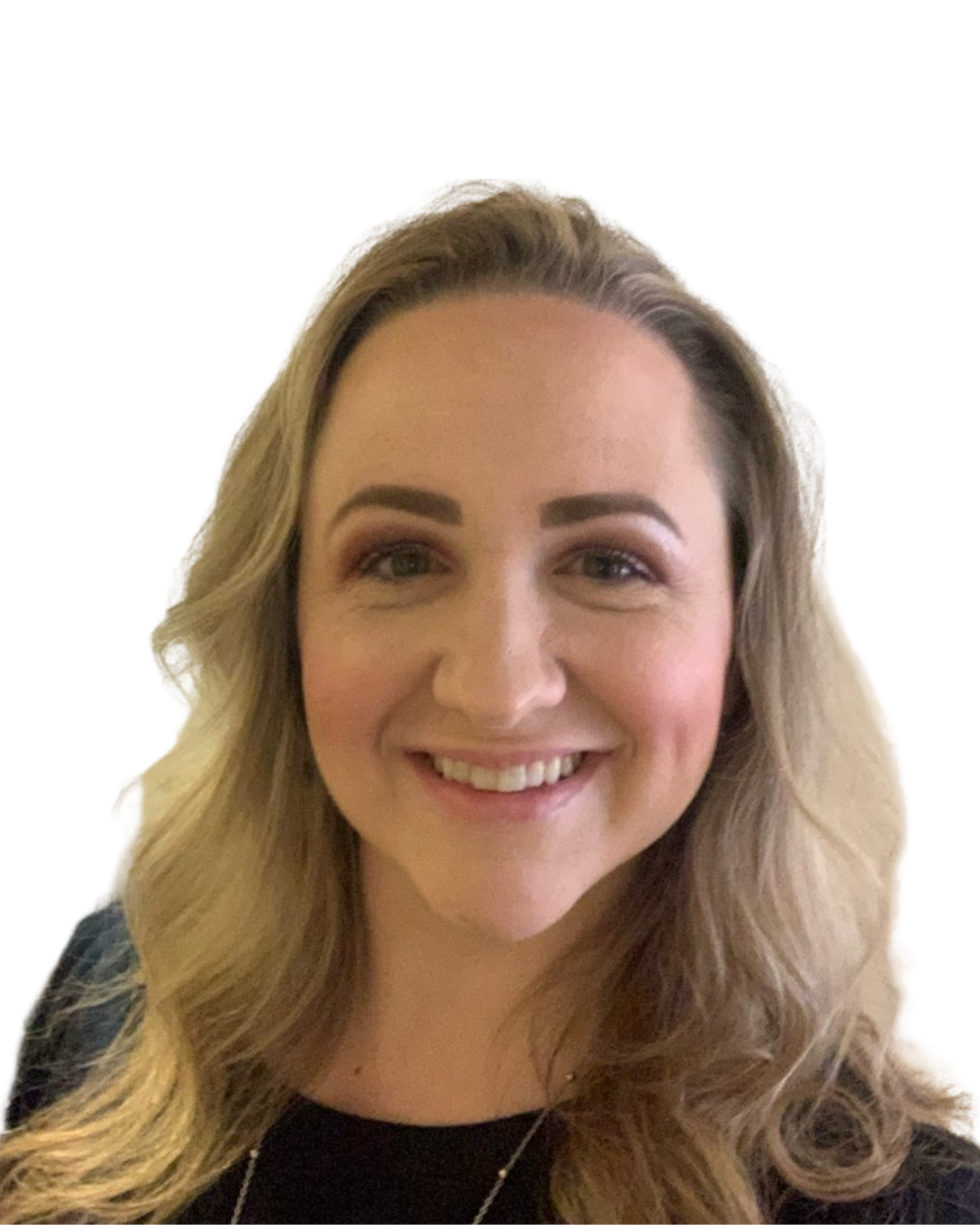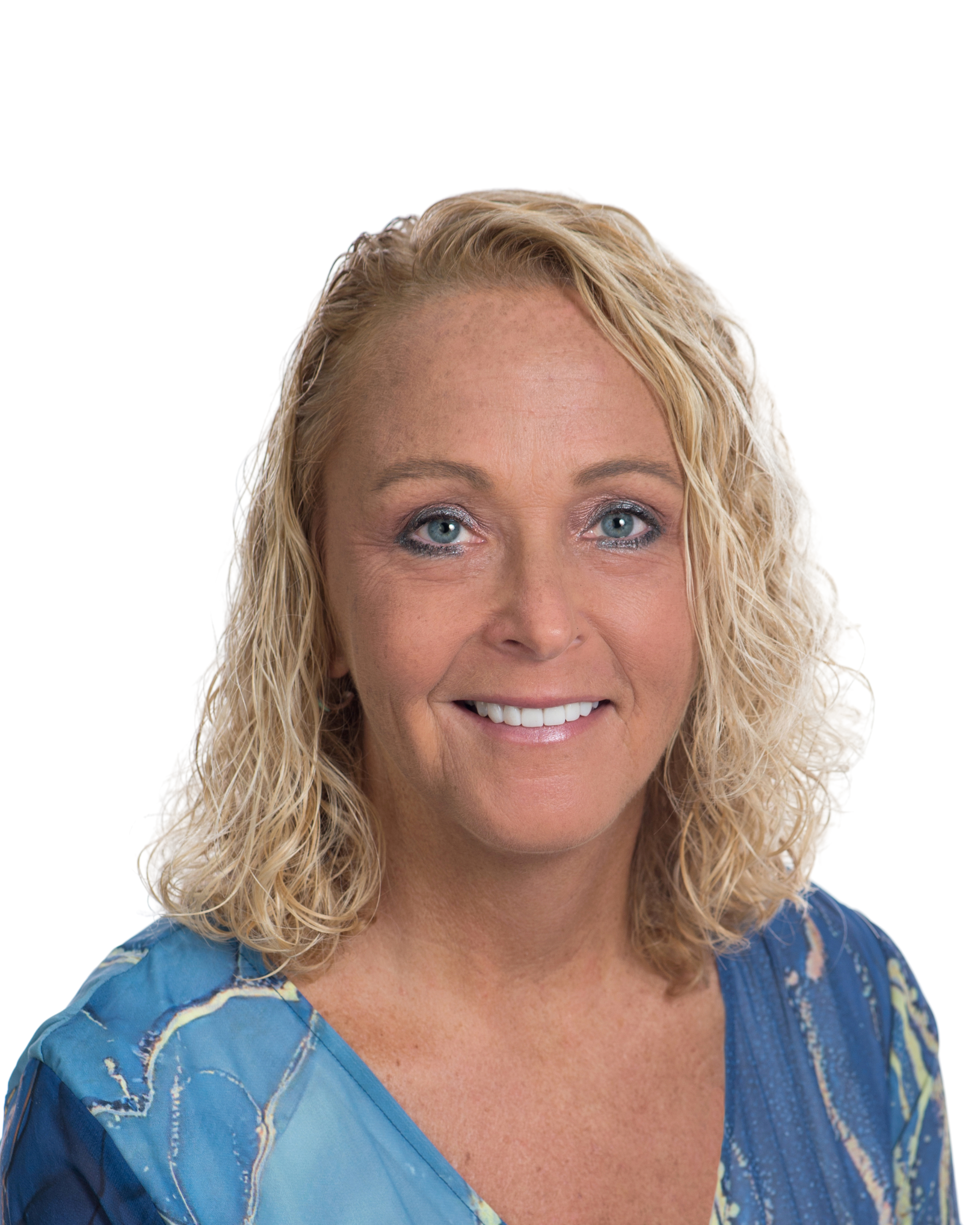Leadership
A Company Lead by Caring People
Vaun Williams
Chief Operating Officer
Lisa Tomsak, DO
Medical Director
Rick Rorie, SUDP
Executive Director
Yolin Tapia
Executive Director
Kyle Sanders
Executive Director
Jeff Grant, SUDP
Clinical Director
Justin Millard, MS, LAC
Clinical Director
Kimberly Sparks, BA, SUDP
Clinical Director
Leadership & Staff Terminology
Clinical Staff Certifications & Titles
SUDP - Substance Use Disorder Professional
A Substance Use Disorder Professional (SUDP) is the title of an individual who is certified according to the current laws stated within The Revised Code of Washington (RCW) and the certification requirements of the Washington Administrative Code (WAC) to provide SUD services. Substance Use Disorder Professionals are regulated by the Washington State Department of Health.
SUDPT - Substance Use Disorder Professional Trainee
A Substance Use Disorder Professional Trainee (SUDPT) is the title of an individual who is enrolled in an approved program and actively gaining the required education and experience to receive a Substance Use Disorder Professional certification. These requirements are defined by the RCW and WAC and are regulated by the Washington State Department of Health. See SUDP.
LMHC - Licensed Mental Health Counselor
A Licensed Mental Health Counselor (LMHC) is the title of an individual who has received a master’s or doctoral degree in mental health counseling or a related science degree based on the scope of practice equivalency within the state of Washington. Licensed Mental Health Counselors are regulated by the Washington State Department of Health.
With an education heavily based on professional ethics, MHC-certified practitioners are equipped to assess, diagnose, and treat mental and emotional disorders.
CPC - Certified Peer Counselor
A Certified Peer Counselor (CPC) is the title of an individual who is certified according to the certification requirements of the Healthcare Authority’s (HCA) Peer Support Program and the training qualifications of the Division of Behavioral Health and Recovery (DBHR) to provide peer support within the scope of substance abuse treatment and recovery in the state of Washington. Certified Peer Counselors are regulated by the Washington State Department of Health.
CPCs work with their peers as they receive mental health and/or substance use disorder treatment services. Due to the nature of the certification, these Peer Counselors can draw upon their personal experiences with previous mental illness and/or substance abuse to engage and motivate those in early recovery.
MRT - Moral Reconation Therapy Certification
A Moral Reconation Therapy (MRT) Certification is obtained by clinical practitioners who participate in the certification requirements originally developed by Dr. Greg Little and Dr. Kenneth Robinson in 1985. Moral Reconation Therapy is approved as an evidence-based treatment practice in the treatment of mental health and substance use disorders through SAMHSA’s National Registry of Evidence-based Programs and Practices (NREPP).
Founded in the key principles of Cognitive Behavioral Therapy (CBT), Moral Reconation Therapy is a tailored treatment modality for individuals with a history of substance use and/or offender populations. Utilized by the United States Probation and Pretrial Services, MRT offers a step-based treatment method to enhance self-image, productivity, and reasoning to decrease the chance of relapse and/or re-incarceration.
MRT-certified Practitioners
MRT-certified practitioners use moral reasoning a function established in Kohlberg’s levels of cognitive reasoning— to encourage guests to participate in the act of making conscious decisions. MRTs guide guests through cognitive-behavioral exercises to adjust their moral perspective and base decisions and actions on the new sense of morality.
In essence, the person reframes their idea of right and wrong, develops a higher sense of importance for doing what is “right”, and practices their right-vs-wrong recall before acting on impulse. In turn, guests gain an enhanced sense of moral reasoning, improve their decision-making abilities, and display healthier behavioral patterns. Studies recording the success rates of MRT practitioners show the therapy significantly reduces recidivism, decreases substance use and abuse, reduces disciplinary infractions, and increases program participation and completion.
Medical Staff Certifications & Titles
DO - Doctor of Osteopathic Medicine
A Doctor of Osteopathic Medicine (DO) is the title of an individual who has successfully completed the curriculum offered in an osteopathic medical school. In receiving their medical license, DOs are trained to recognize the interrelated functions of the body within courses based on preventive medicine and comprehensive patient care.
DOs receive special training in the musculoskeletal system, the nervous system of nerves, and the interconnected nature of the body’s health and wellness. This training is beneficial to guests with a substance use disorder because Osteopathic Medicine looks beyond the individual’s symptoms to gain a full understanding of the impacts of lifestyle and environmental factors.
PA-C - Physician Assistant-Certified
A Physician Assistant-Certified (PA-C) is the title of an individual who has graduated from an accredited physician assistant educational program. This certification is acquired following the successful completion of the PANCE exam provided through the National Commission on Certification of Physician Assistants. Washington state licensure permits all PA-Cs to practice medicine at remote sites with a supervising physician.
MPAS - Master of Physician Assistant Studies
A Master of Physician Assistant Studies (MPAS) is the degree held by a Physician Assistant (PA) who is currently enrolled in a continuing education program to learn and practice patient care, clinical care, and healthcare in general. See PA-C.
RN - Registered Nurse
A Registered Nurse (RN) provides and coordinates patient care, educates patients and the public about various health conditions, and provides advice and emotional support to patients and their family members. Most registered nurses work in a team with physicians and other health care specialists in various settings.
LPN - Licensed Practical Nurse
A Licensed Practical Nurse (LPN) provides supportive care to other healthcare providers, such as preparing diagnostic tools for medical practitioners to use in the treatment of guests. LPNs directly interact with guests, carrying out clinical responsibilities including collecting lab samples, checking vital signs, sterilizing medical equipment, and recording and reporting guest histories and concerns to registered nurses, doctors, and other medical practitioners.
Change your life with one call.
You can do it, We can help.












